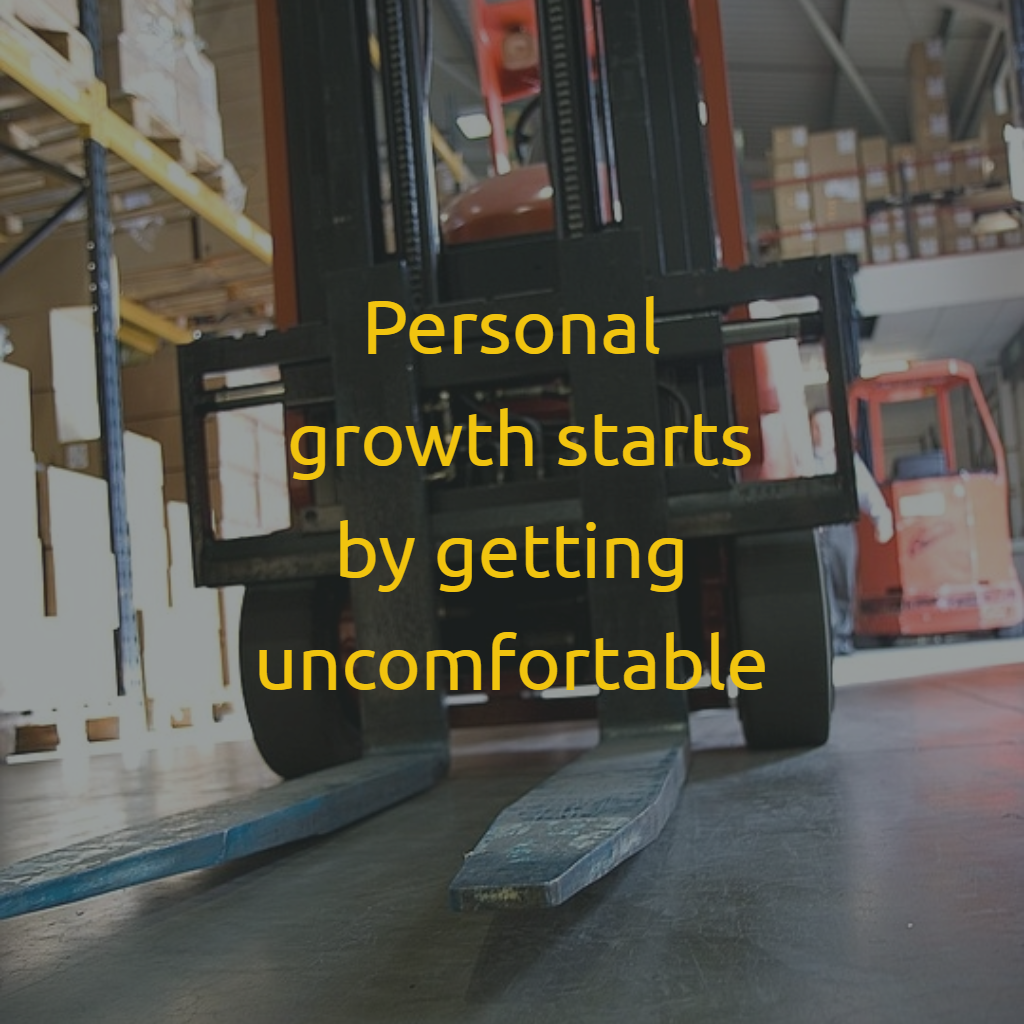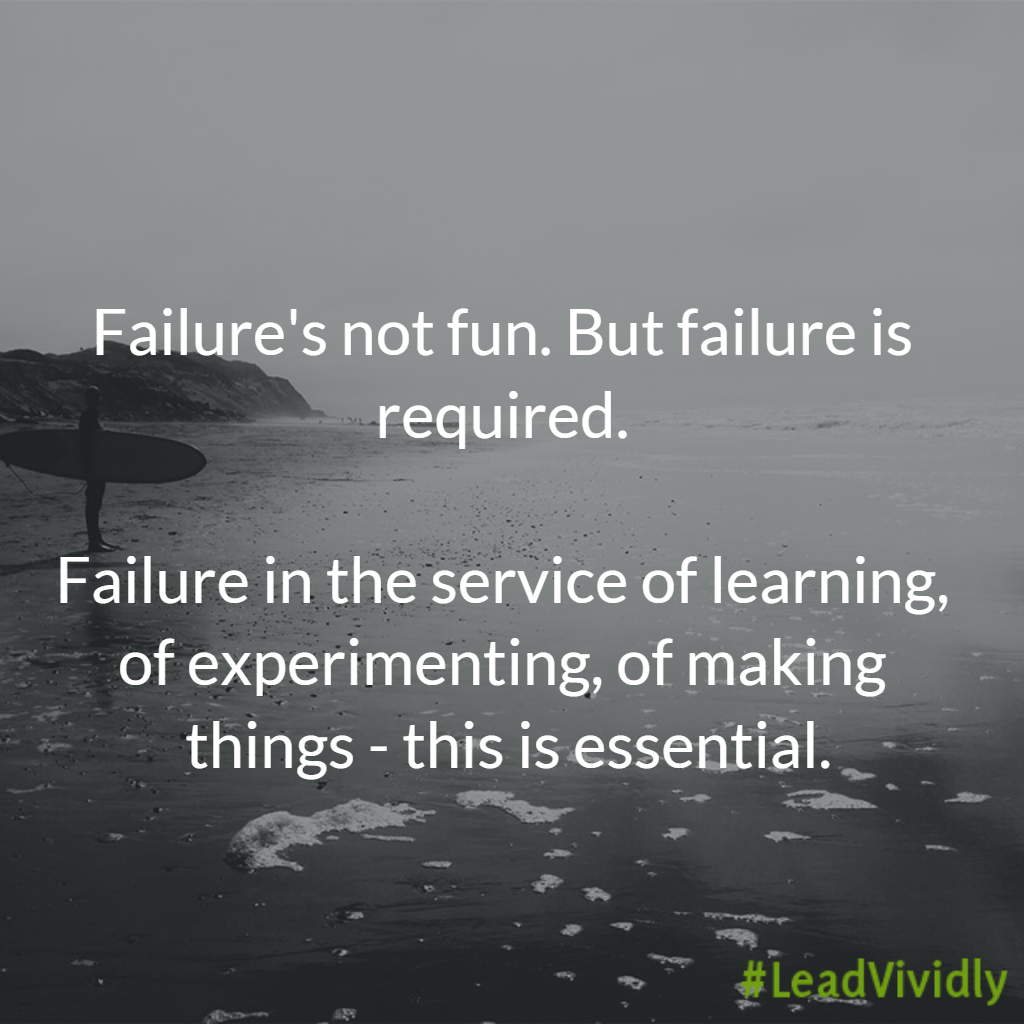 “Do you trust me?” I was asked with absolute sincerity.
“Do you trust me?” I was asked with absolute sincerity.
It’s a huge question because trust binds all relationships together.
“Do you trust me?” is not a simple question, and in the years since I’ve come to realise that trust is made up of three things:
- Trust what I say
- Trust what I do
- Trust what I value
Trust what I say:
This is all about truthfulness, and the ability to believe that this person is telling you the truth and that you can rely on their word.
When the person asked if I trusted them, my answer was 100% yes, because time and time again they had proved themselves truthful. But what they were really asking was do you trust what I do?
Trust what I do:
This is about trusting the persons decisions and actions. A person can be 100% truthful, but we are not sure about some of the decisions they make and we struggle to trust them in those areas.
Trusting what people do takes time and is complicated. We can trust a person will make the right decisions in most areas, and then question the decisions when they are given new responsibility, as we watch to see if they adapt to the new challenges.
Trust what I value:
When we value different things, and they are not discussed, then it can cause us to feel like we don’t trust each other, despite the fact we trust what they say and do. The challenge with trusting what we each value, is that we don’t generally do the hard work to understand each other’s values.
With one of my new direct reports, we worked out my value of ‘freedom’ was at odds with his value of ‘structure’. Neither of these values is wrong, but if we hadn’t noticed it and named it, then as we work together we could have begun to wonder if we could trust each other.
∴
Nothing will kill connection, dampen joy or increase stress in any relationship more than where I fail to trust or unintentionally make people feel untrusted.
When we find that we are struggling to trust a person, dive in and ask…
Do I trust what they say?
Do I trust what they do?
Do I trust what they value?
Then go and have a sincere truthful conversation with them.
Because relationships are built on trust, and they are worth the effort.
 Waiting for somebody to change can be frustrating.
Waiting for somebody to change can be frustrating. “What did you do to get promoted?” she asked, hoping for a leadership gem. “I got lucky” I said, knowing it wasn’t the whole answer.
“What did you do to get promoted?” she asked, hoping for a leadership gem. “I got lucky” I said, knowing it wasn’t the whole answer. “You don’t understand,” I said partly in jest, “It has nothing to do with their fear of change. It’s ALL my own insecurities.” As soon as I heard the words leave my mouth, even though I was meaning them to bring humour, I knew they were true.
“You don’t understand,” I said partly in jest, “It has nothing to do with their fear of change. It’s ALL my own insecurities.” As soon as I heard the words leave my mouth, even though I was meaning them to bring humour, I knew they were true. We were chatting with a friend last night who is doing a course in Distribution of all things. I say this purely because you wouldn’t have expected it. She was telling us how she is learning to drive a forklift and strap down a truck. She has also had to do numeracy & literacy assessments, that cause her to reach deep into the cobweb covered archives of her brain, and reignite her stored knowledge. And as she talks there is excitement in her voice. She is excited to be learning something new. Something outside her comfort zone.
We were chatting with a friend last night who is doing a course in Distribution of all things. I say this purely because you wouldn’t have expected it. She was telling us how she is learning to drive a forklift and strap down a truck. She has also had to do numeracy & literacy assessments, that cause her to reach deep into the cobweb covered archives of her brain, and reignite her stored knowledge. And as she talks there is excitement in her voice. She is excited to be learning something new. Something outside her comfort zone. “Failure’s not fun. But failure is required. Failure in the service of learning, of experimenting, of making things – this is essential.
“Failure’s not fun. But failure is required. Failure in the service of learning, of experimenting, of making things – this is essential. Recently I was having coffee with a guy who had taken some advice I have given him and was raving about it. The funny thing is that he confessed to me that one of his team had given him the same advice a few months earlier and he had largely ignored it.
Recently I was having coffee with a guy who had taken some advice I have given him and was raving about it. The funny thing is that he confessed to me that one of his team had given him the same advice a few months earlier and he had largely ignored it. “Yes I’ve put that in my ‘stuff up’ folder” was the reply as we discussed a small error that one of my team had just made. Now the error the person had made was on a task they had never done before, (ever!) and hadn’t been trained for, but they labelled it a stuff up.
“Yes I’ve put that in my ‘stuff up’ folder” was the reply as we discussed a small error that one of my team had just made. Now the error the person had made was on a task they had never done before, (ever!) and hadn’t been trained for, but they labelled it a stuff up.
